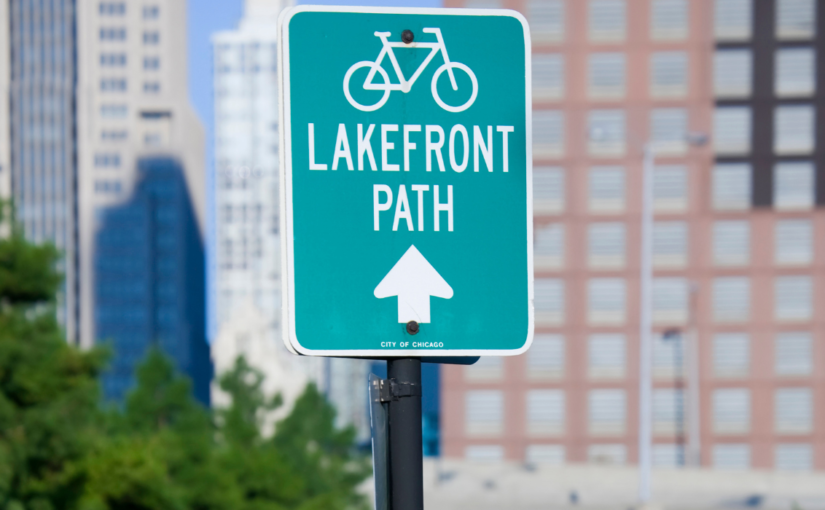back
The Importance of Zoning Enforcement: Challenges and Solutions
05-2023

A crucial component of urban planning and development is zoning enforcement. It is a procedure used by local governments to guarantee that buildings within a specific area adhere to zoning laws. A healthy, secure, and beautiful environment for all residents is the basic objective of zoning enforcement.
The uses that are permitted in specific locations, the size and design of structures, and the setbacks from streets and property borders are all determined by zoning restrictions. These rules are made to make sure that properties are used in a way that supports the aims and objectives of the neighborhood. Zoning enforcement is essential because it aids in preventing land-use conflicts, maintaining property values, and safeguarding the general welfare and health of the population.
Challenges of Zoning Enforcement
Despite the significance of zoning enforcement, many local governments encounter significant difficulties doing so. Among the most typical difficulties are:
- Limited Resources: Zoning law enforcement can be a time-consuming and expensive operation. Many municipal governments lack the personnel, resources, and equipment required to carry out thorough zoning enforcement. Zoning infractions may so go unnoticed or unaddressed, resulting in additional noncompliance and potentially dangerous circumstances.
- Limited Public Awareness: It’s possible that many homeowners and locals are unaware of the zoning rules that apply to their homes. Unintentional infractions may emerge from this, which may incur expensive penalties and legal action. To avoid unintended infractions, it is crucial to educate the public on zoning laws.
- Inconsistent Enforcement: Property owners and occupants may get perplexed and frustrated if zoning laws are not consistently enforced. To maintain fairness and prevent accusations of favoritism or prejudice, enforcement activities must be consistent and public.
- Changing Regulations: Property owners and locals may find it challenging to stay up to date with the most recent standards as zoning laws are subject to change over time. Local governments must effectively inform people and property owners of zoning regulations changes, and they must also offer assistance and resources to help them comply with the new rules.
Solutions to Zoning Enforcement Challenges
Local governments can use a number of strategies to address the difficulties associated with enforcing zoning laws. The following are some of the best solutions:
- Invest in Resources: Resources must be allocated by local governments to successfully enforce zoning laws. To speed up the enforcement process, this includes employing skilled personnel, offering training and support, and making equipment and technology investments.
- Public Awareness Campaigns: To inform homeowners and locals about zoning laws, local governments can start public awareness initiatives. This may involve deliberate outreach initiatives, seminars, and online tools that offer advice on zoning regulations.
- Consistent Enforcement: Zoning laws must be regularly and openly implemented, according to local governments. This entails creating clear enforcement guidelines, carrying out routine checks, and clearly communicating the enforcement procedure to residents and property owners.
- Simplify Regulations: Zoning laws can be confusing and complicated to understand, making it difficult for people and property owners to follow them. To make it simpler for people and property owners to comprehend and comply with the requirements, local governments can streamline legislation and offer clear instructions on compliance.
The Importance of Zoning Enforcement
The importance of zoning enforcement cannot be overstated. The following are some of the most important advantages of zoning enforcement:
- Land-Use Compatibility: Zoning enforcement guarantees that properties are used in a way that is consistent with the aims and objectives of the neighborhood. This facilitates peaceful community development and helps to avoid disputes between various land uses.
- Public Security: By ensuring that properties are used in a safe and suitable way, zoning regulations aim to protect the public’s health and welfare. Enforcing zoning regulations helps to prevent dangerous situations and advance public safety.
- Real Estate Values: By ensuring that properties are used according to the expectations of the community, zoning enforcement can aid in maintaining property values. Properties that adhere to zoning restrictions are typically more appealing to buyers and investors, which can support property values and encourage local economic growth.
- Environmental Protection: By ensuring that properties are used in a way that is consistent with the community’s sustainability goals, zoning enforcement can also aid in environmental protection. Developers may be required by zoning restrictions to include eco-friendly elements like green areas and energy-efficient building materials in their buildings.
In conclusion, enforcing zoning laws is an important part of urban development and planning. While enforcing zoning laws can be difficult, local governments can overcome these difficulties by allocating resources, starting public awareness campaigns, consistently enforcing laws, and simplifying laws. Zoning enforcement has many advantages, including protecting the environment, public safety, property values, and land-use compatibility. Local governments may make sure that all residents live in a wholesome, secure, and beautiful environment by efficiently implementing zoning laws.
F2H Capital Group is a debt advisory firm specializing in negotiating the best terms for your commercial real estate projects. The company offers a range of financial products and services, including fixed loans, bridge loans, and construction loans across all asset types. Please contact us for any of your financing needs.

